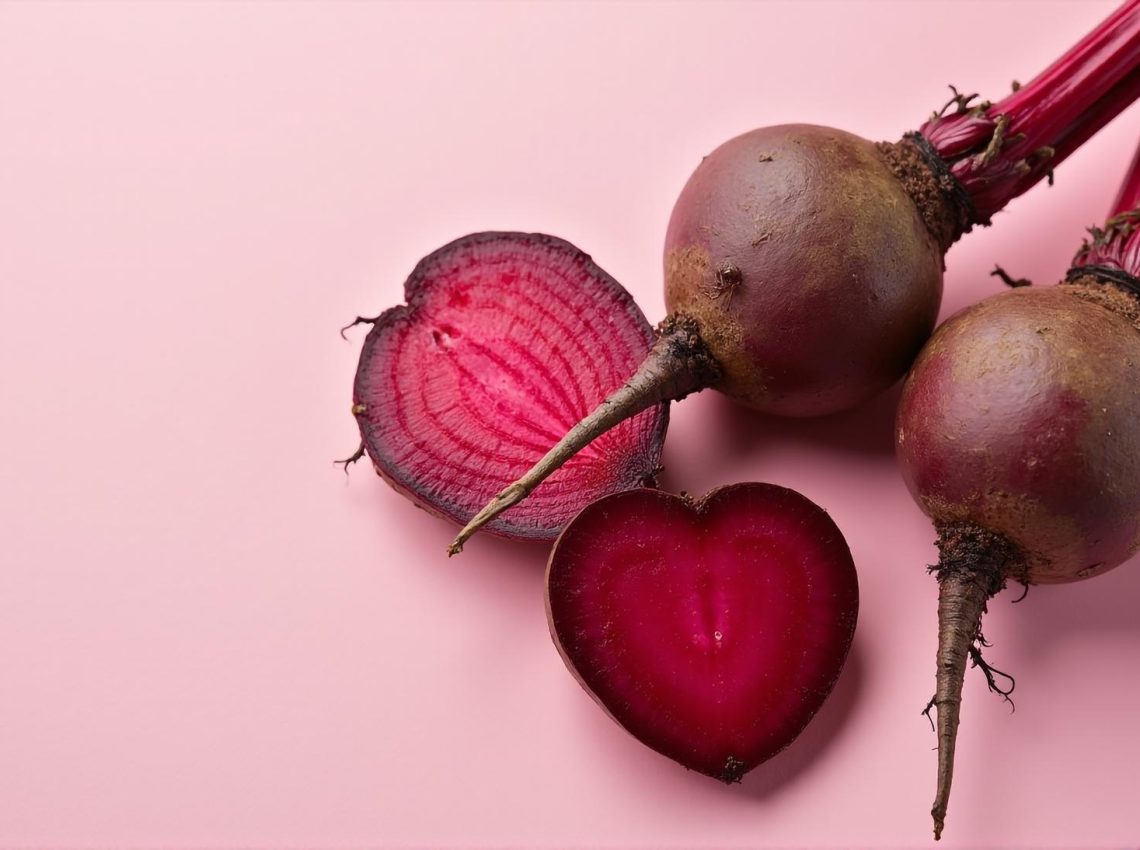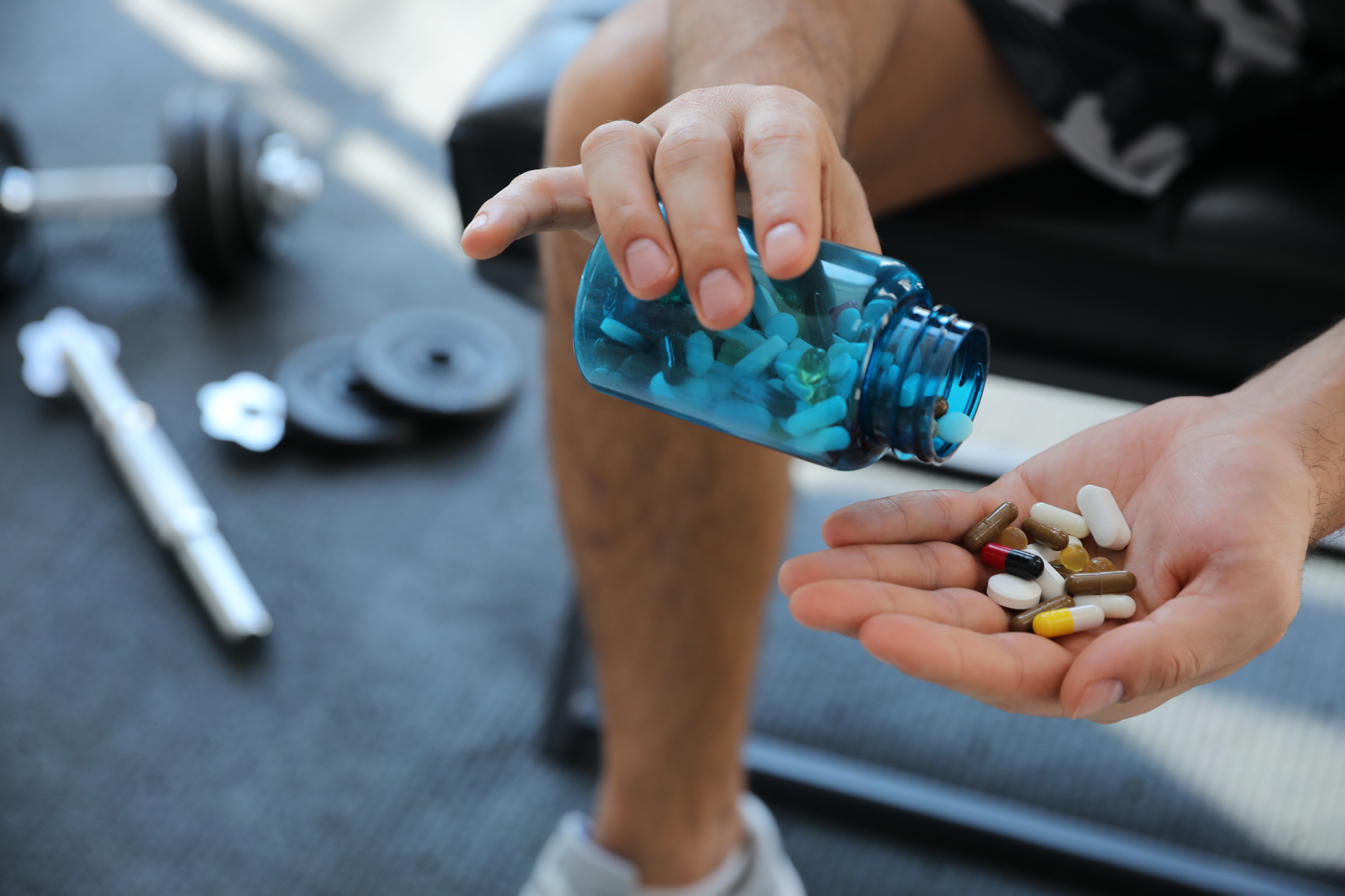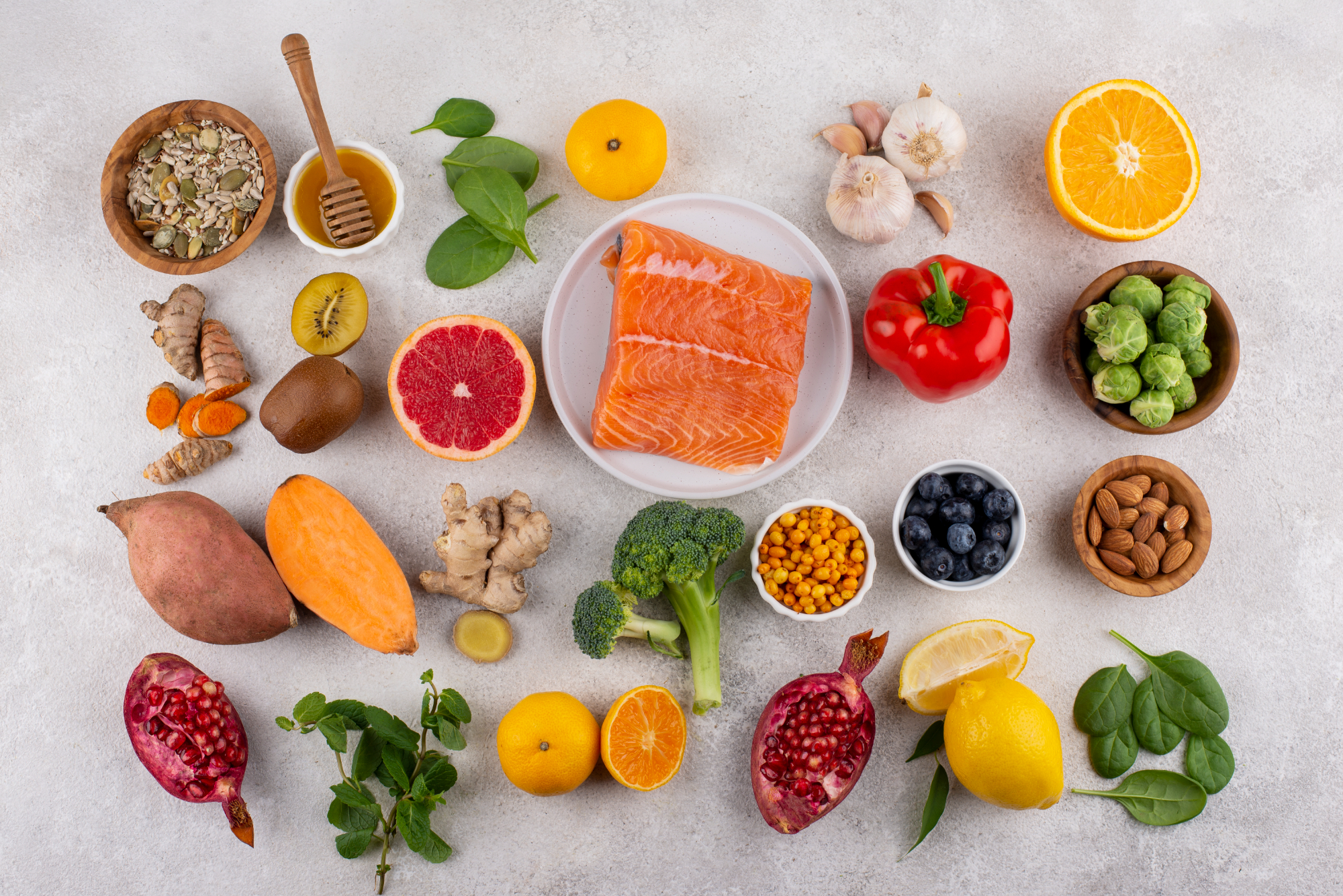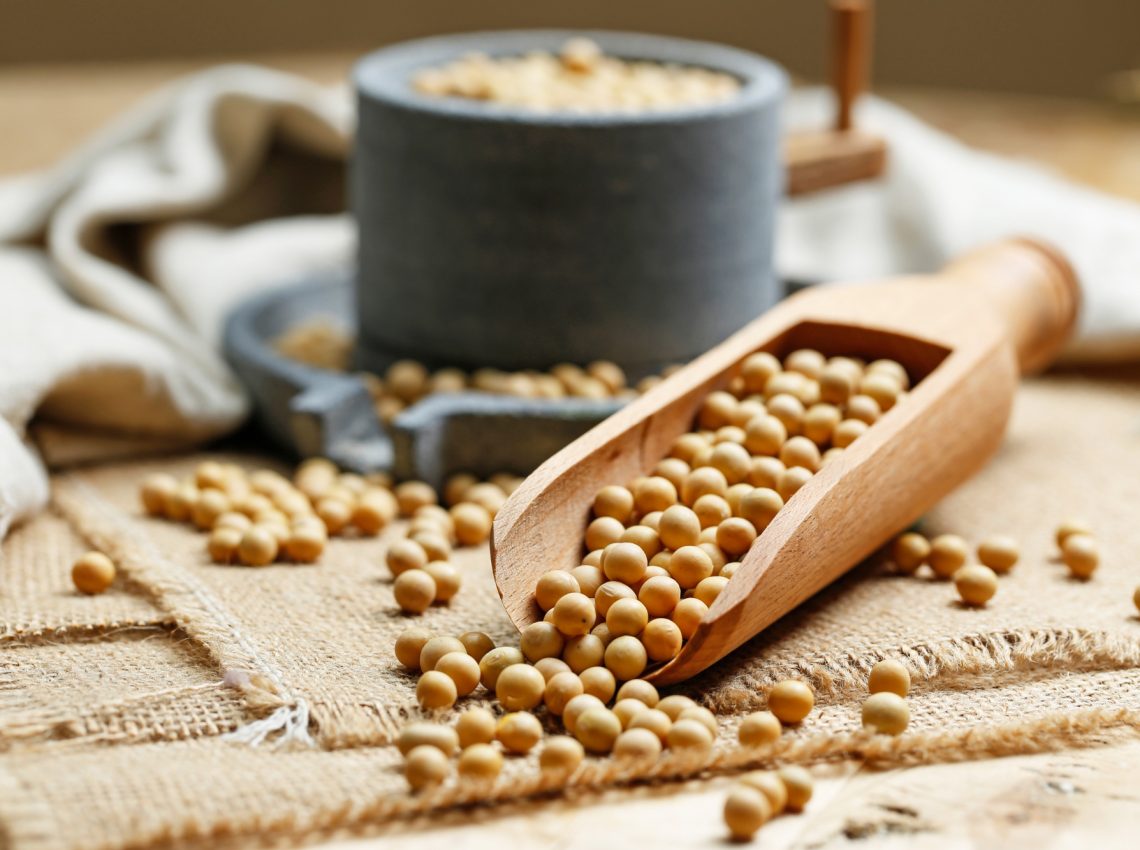Beetroot: Health Benefits, Myths, and How to Enjoy It

Beetroot has recently made headlines due to supply shortages in Australia, with tins selling for as much as A$65 on eBay. Now that supplies have stabilized, it’s time to shift the focus back to beetroot’s health benefits and its reputation as a “superfood.”
But is beetroot really the “vegetable Viagra,” as UK TV doctor Michael Mosley claims? Does it truly help reduce blood pressure or enhance athletic performance? Here’s what the science says.
What Makes Beetroot Special?
Beetroot is packed with nutrients like vitamins B and C, minerals, fiber, and antioxidants. These nutrients are relatively stable during cooking, though pressure cooking may reduce carotenoid levels compared to raw beetroot. Processing into capsules, powders, or juices can also impact its antioxidant properties, depending on the method and product brand.
Is Beetroot Really a Natural Aphrodisiac?
Historically, the Romans used beetroot as an aphrodisiac, but modern science has limited evidence to support claims that it boosts libido or sexual health. Most studies on beetroot haven’t focused on its effects on sexual function, so any link remains speculative.
How It Might Work
Beetroot is rich in nitrates, which are converted in the body to nitric oxide—a compound that widens blood vessels and improves circulation. This process could theoretically benefit sexual function by supporting blood flow, particularly in men. However, while beetroot may provide a modest boost to circulation, don’t expect it to revolutionize your sex life.
Other Health Benefits
1. Blood Pressure Reduction
Beetroot juice has been shown to lower systolic blood pressure (the first number in a reading) by 2.73–4.81 mmHg in people with hypertension. This effect is comparable to some medications and dietary interventions. Even people at risk of high blood pressure may benefit.
2. Athletic Performance
Beetroot can enhance endurance in activities like running, swimming, or cycling. Studies suggest small but measurable improvements for athletes consuming beetroot juice or supplements.
3. Antioxidant and Anti-Inflammatory Properties
Beetroot’s antioxidants may help reduce oxidative stress and inflammation, potentially offering benefits for conditions like cancer and diabetes. However, it’s best used alongside conventional treatments, not as a replacement.
How to Add Beetroot to Your Diet
Whether fresh, cooked, juiced, or processed, beetroot can be a versatile addition to meals:
- Raw: Grate into salads or slice as a crunchy sandwich topping.
- Cooked: Roast with olive oil or steam for a simple side dish.
- Juice: Blend with fruits and vegetables for a nutrient-packed drink.
- Smoothies: Pair with berries, apples, or oranges.
- Soups: Try traditional borscht or create your own beetroot-based soup.
- Pickled: Add tangy pickled beetroot to sandwiches or salads.
- Hummus: Blend cooked beetroot into hummus for a vibrant dip.
- Chips: Bake thin beetroot slices for a healthy snack.
- Baked Goods: Incorporate grated beetroot into brownies or muffins for moisture and color.
Are There Any Downsides?
Beetroot is generally safe, though consuming large amounts may cause harmless beeturia (red or purple urine). Rarely, beetroot supplements may be contaminated with harmful substances, but this hasn’t been reported in Australia.
The Bottom Line
Beetroot may provide modest benefits for circulation, blood pressure, and athletic performance. It might even have a slight impact on sexual health, but it’s far from a miracle cure. For personalized advice, consult a GP or accredited dietitian.
Beetroot is no magic bullet, but its health benefits make it worth incorporating into your diet in creative and delicious ways.















